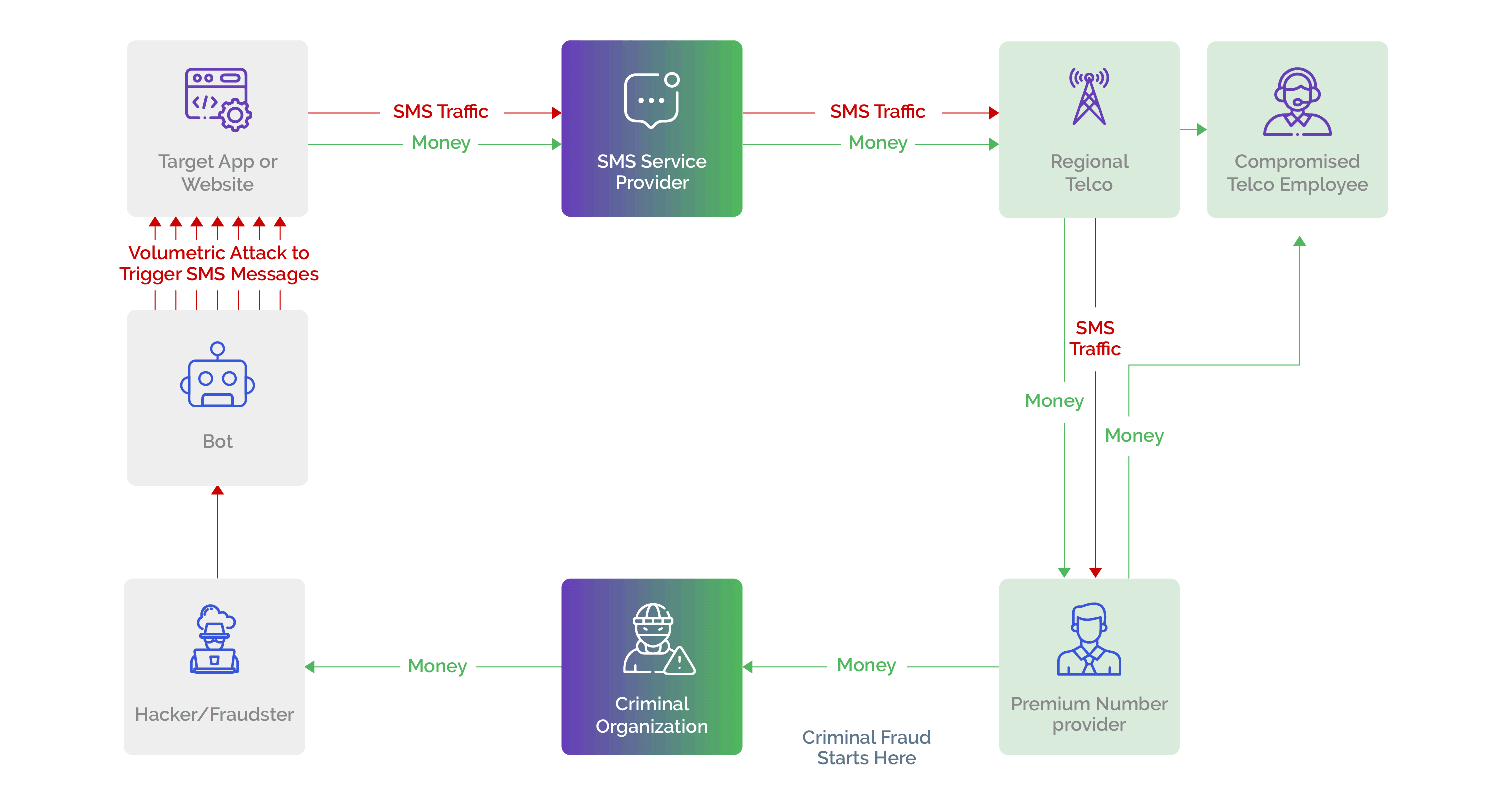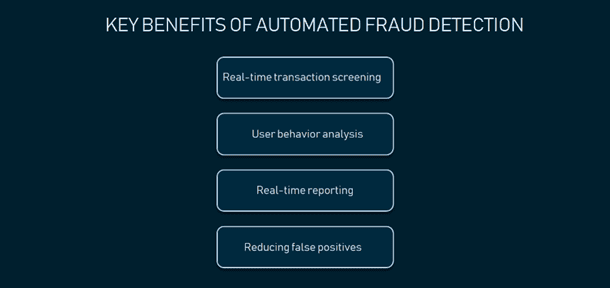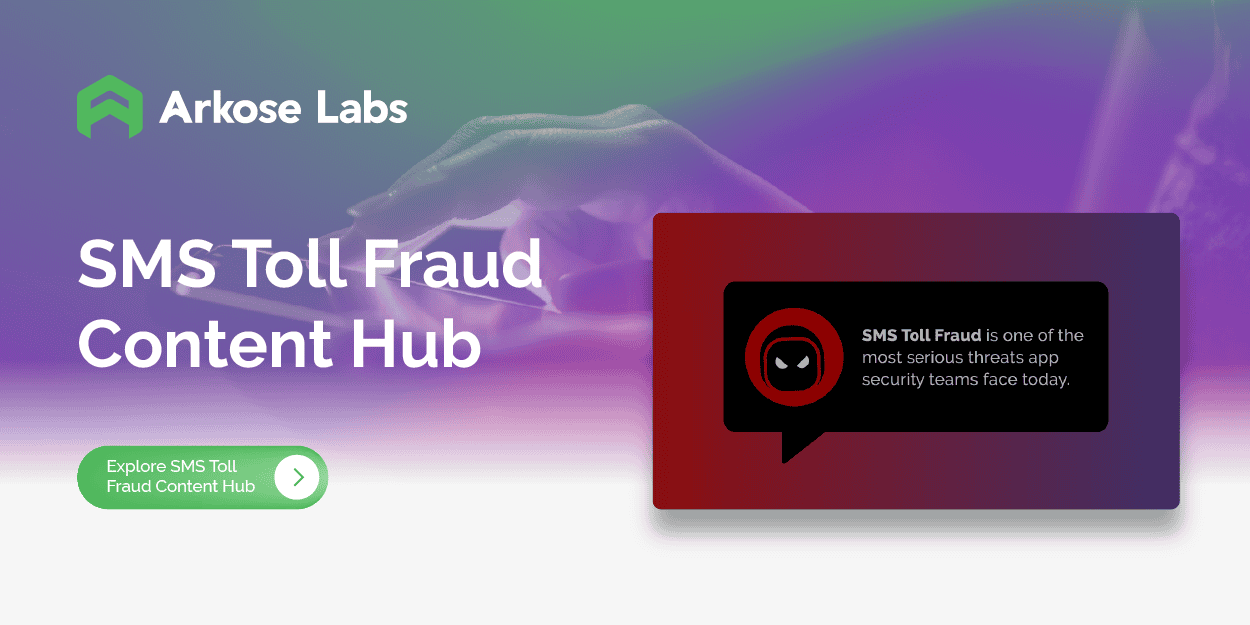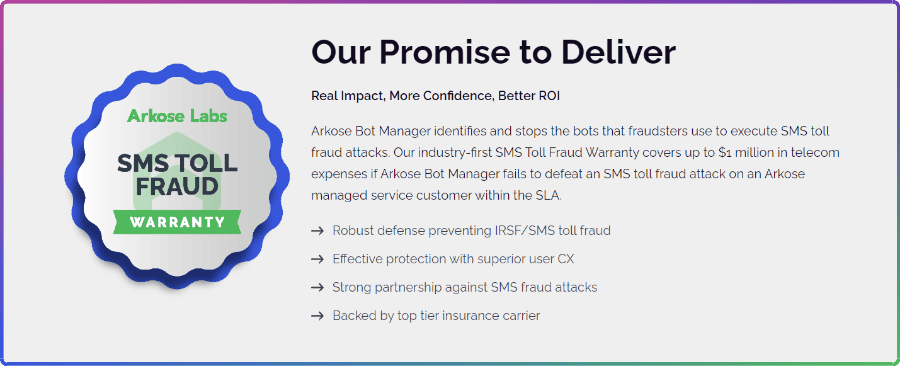In today's digitally connected world, SMS has become one of the most popular methods of communication. It allows individuals and businesses to send and receive text messages quickly and easily, making it an indispensable tool for daily communication. However, as with any technology, there are those who seek to exploit it for their own gain.
One such exploit is SMS toll fraud, a practice that has become increasingly prevalent in recent years. This fraudulent activity can have serious consequences for individuals and businesses alike, leading to financial loss, reputational damage, and even legal action. Understanding what SMS toll fraud is and how it works is crucial for anyone who uses SMS regularly.
Looking for information on how SMS toll fraud is robbing businesses of millions of dollars each month? See our article “Toll Fraud: What It Is and How to Prevent It.”
What is SMS Toll Fraud?

SMS toll fraud, also known as SMS pumping fraud or simply SMS pumping, is a type of fraudulent activity in which an individual or entity sends text messages to a mobile phone user, charging them premium rates without their knowledge or consent. This type of fraud typically involves the use of short codes or premium-rate phone numbers that are associated with high charges for each text message received.
In some cases, fraudsters may use tactics such as phishing scams or malware to trick users into subscribing to premium services or unknowingly providing consent for premium-rate messages. SMS toll fraud can result in significant financial losses for the victim, as well as potential damage to their credit score and reputation. It is important for mobile phone users to be aware of this type of fraud and take steps to protect themselves from falling victim to it.
How SMS toll fraud works
SMS toll fraud typically involves the use of short codes or premium-rate phone numbers that are associated with high charges for each text message received. Fraudsters may send out text messages that appear to be from a legitimate source, such as a bank or mobile network operator, and ask the recipient to reply to the message with certain information or to follow a link. In some cases, the fraudster may also include a request for the recipient to subscribe to a premium-rate service by replying to the message or clicking on a link.
Once the recipient responds to the message or subscribes to the premium service, they are charged premium rates for each subsequent message they receive. These charges can be significantly higher than standard SMS rates and can quickly add up to a significant amount, resulting in financial losses for the victim. In some cases, fraudsters may also use malware or phishing tactics to gain access to the victim's mobile phone, allowing them to send premium-rate messages or access sensitive information.
SMS toll fraud examples
It is important for businesses to understand examples of SMS toll fraud because they can be the target of these types of scams and can suffer financial and reputational damage as a result.
For instance, businesses may unknowingly sign up for premium rate services or agree to pay charges for SMS messages sent to a premium rate number, which can result in significant financial losses. If customers of a business fall victim to SMS toll fraud, it can harm the business's reputation and erode customer trust.
By being aware of the different types of SMS toll fraud, businesses can take steps to protect themselves and their customers. This may involve implementing safeguards to prevent unauthorized premium rate service subscriptions or providing education and awareness to customers about how to identify and avoid SMS toll fraud scams.
Premium-rate SMS fraud:
This involves sending SMS messages to premium-rate numbers, which charge exorbitant rates for each message sent. The fraudster may disguise the premium rate number as a legitimate service, such as a lottery or dating service, to entice victims to send messages.
Smishing:
This is a type of phishing scam that uses SMS messages to trick victims into revealing personal or financial information. The message may appear to be from a legitimate source, such as a bank or credit card company, and ask the victim to click on a link or provide sensitive information.
WAP billing fraud:
Some mobile networks allow customers to make purchases by charging the cost to their phone bill. Fraudsters may exploit this system by creating fake services that charge the victim's phone bill without their consent.
One-ring scams:
This involves sending an SMS message to a victim's phone, which will cause the phone to ring once and then disconnect. The victim may be tempted to call back the missed call, which will connect them to a premium rate number that charges exorbitant rates per minute.
International Revenue Share Fraud (IRSF):
International Revenue Share Fraud Involves sending SMS messages to premium rate numbers in other countries, which pay a portion of the revenue to the fraudster. The victim may be tricked into sending messages to these numbers, believing they are participating in a legitimate contest or service.
How to Detect SMS Toll Fraud
A few ways businesses can detect and stop SMS toll fraud include:
- Monitor billing statements: Businesses should regularly review their billing statements to detect any unusual charges or fees. This can help identify any unauthorized charges for premium rate services or messages.
- Analyze messaging traffic: By analyzing SMS traffic, businesses can identify any unusual patterns or spikes in message volume. This can detect any unauthorized use of premium rate services or messages.
- Implement fraud detection tools: Businesses can use fraud detection tools that use machine learning algorithms to analyze messaging traffic and detect patterns of fraud. These tools can work to identify fraudulent activity in real time and prevent further losses.
- Educate employees and customers: Businesses should educate their employees and customers about the risks of SMS toll fraud and provide guidance on how to identify and report any suspicious activity. This can prevent fraud from occurring and ensure that any incidents are quickly reported and addressed.
How to Prevent SMS Toll Fraud
- Businesses can take several steps to prevent SMS toll fraud: Implement access controls: Businesses can restrict access to premium rate services and messaging capabilities to authorized personnel only. This prevents unauthorized use and reduce the risk of fraud.
- Monitor activity: Businesses should regularly monitor messaging traffic and billing statements for unusual activity or unauthorized charges. This can help detect fraud early and prevent further losses.
- Use fraud detection tools: Businesses can use fraud detection with machine learning algorithms and other fraud detection tools to analyze messaging traffic and detect patterns of fraudulent activity. These help with real-time fraud detection and prevention.
- Educate employees and customers: Businesses should provide education and awareness to their employees and customers about the risks of SMS toll fraud and how to identify and report any suspicious activity. This can help prevent fraud from occurring and ensure that any incidents are quickly reported and addressed.
- Implement technology safeguards: Businesses can implement technology safeguards such as two-factor authentication, anti-phishing and anti-malware software, and other security measures to prevent unauthorized access to messaging systems and protect against SMS toll fraud.

Overall, businesses should remain vigilant and proactive in preventing SMS toll fraud by choosing the right fraud detection software. Organizations today must also implement a comprehensive fraud prevention program that includes training, technology safeguards, and regular monitoring and analysis of messaging traffic and billing statements.
Arkose Labs for SMS Toll Fraud
SMS toll fraud can cause significant financial damage to businesses, but Arkose Labs offers a solution to combat this threat. The Arkose Bot Manager's anti-automation technology can detect and stop the bots that fraudsters use to execute SMS toll fraud attacks. Businesses can integrate Arkose Labs at any point protected by one-time passwords to detect and challenge artificially inflated traffic fraud.
Additionally, Arkose Labs uses in-session authentication that combines real-time risk classification with interactive challenges to reduce the dependence on multi-factor authentication methods.

Arkose Bot Manager's managed services offer the Arkose $1 million SMS Toll Fraud Warranty at no extra cost. To learn more about Arkose Bot Manager, sign up for a demo today!










